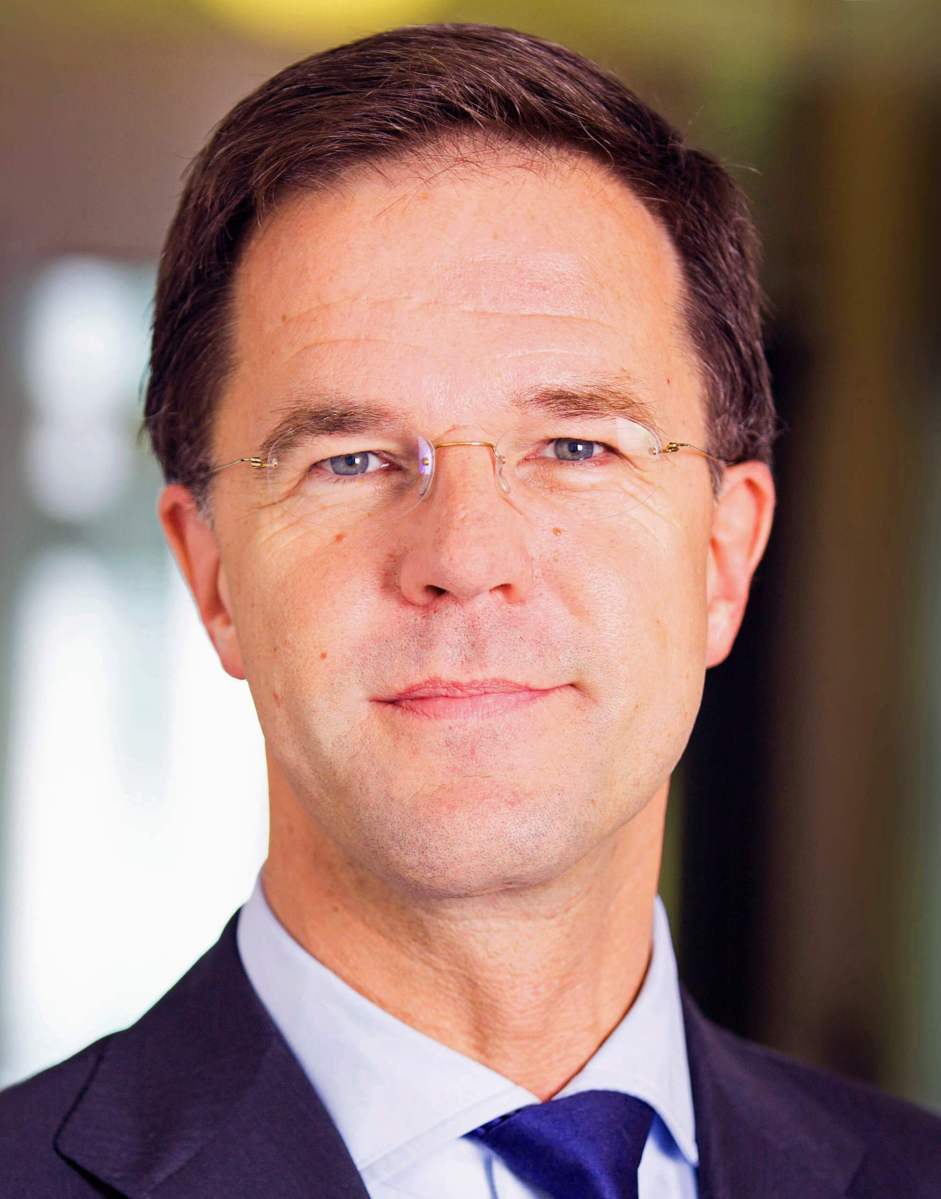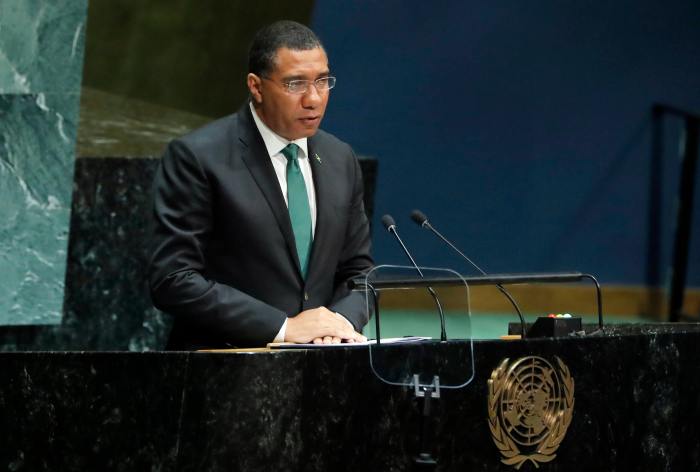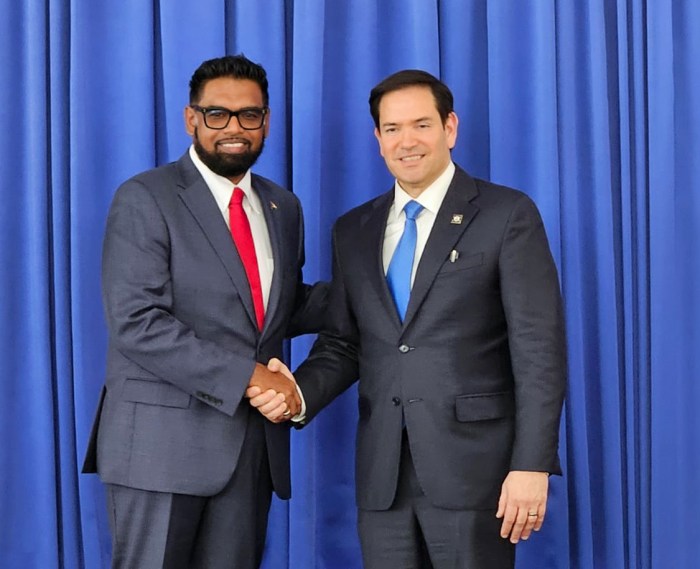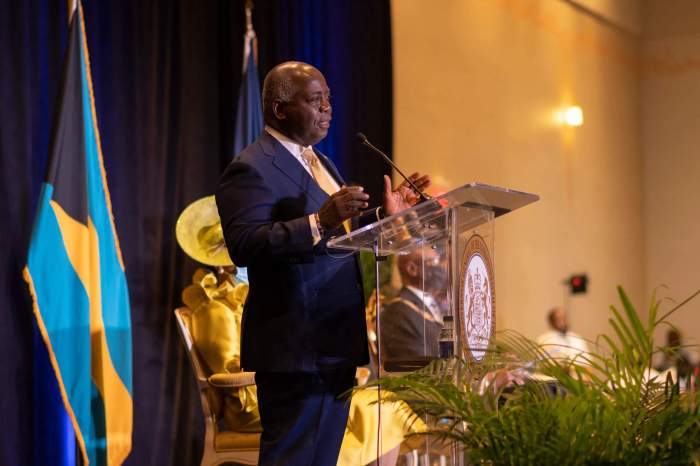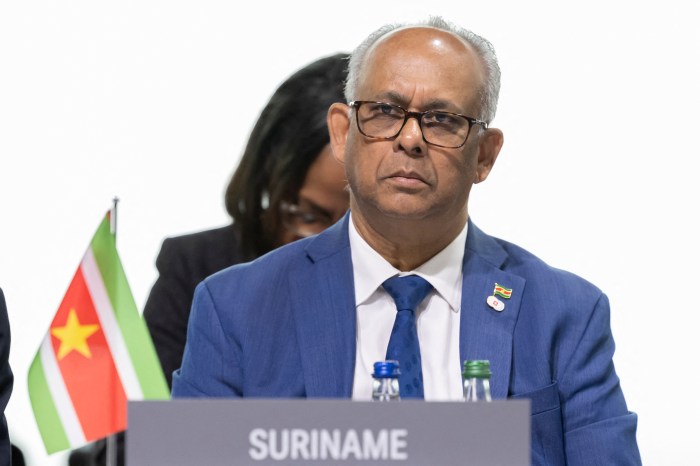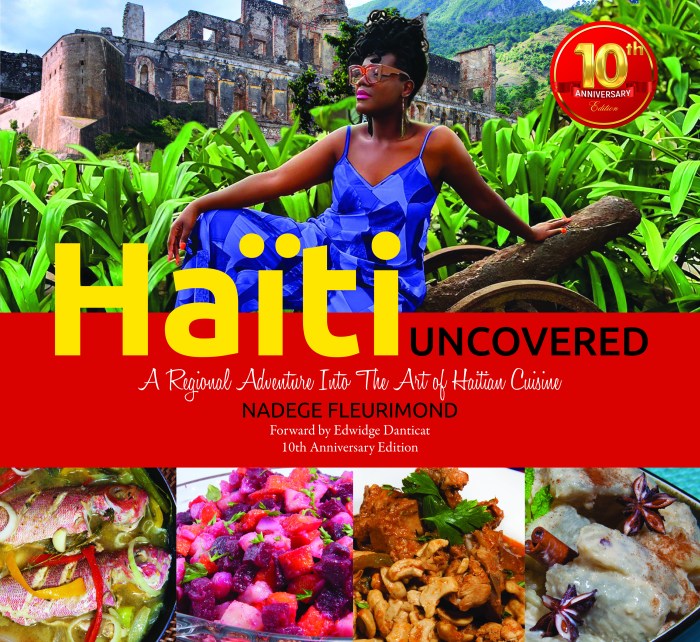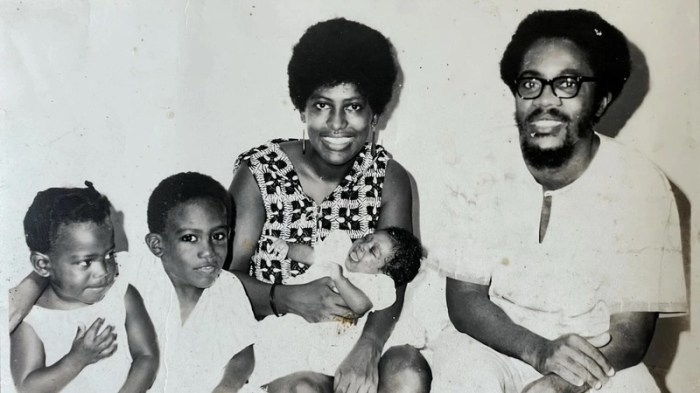In early November, a group of lily white, British citizens with a less than stellar common history will meet in London to talk about the role of their ancestors in the trans Atlantic slave trade and what they can do today to atone for the sins of the past.
The Heirs of Slavery descendants are taking a cue from today’s generation of two prominent British families who in recent months had summoned the courage to travel to two Caribbean Community nations to apologize for their ancestors’ role in the brutal and ghastly slave trade and to make small donations to research and related activities going forward.
No one is prepared to let go of a single detail of this “very private” London meeting in the first week of November as some of those who will attend have come forward voluntarily while others had to be prodded and persuaded to join the group. For now, they are being shielded from public scrutiny.
Back in February, former BBC journalist Laura Travelyan and relatives flew to Grenada to apologize for their ancestors’ role in forcing African slaves to work in harsh conditions without earning a nickel on Grenadian sugar and other plantations. Inspired by the Travelyans, the Gladstones family did likewise in Guyana, turning up in August apologizing for the past and signaling plans to engage Guyanese and Caribbean Reparations authorities about what can be done to help heal the past. Word is that The Gladstones and the Travelyans have been invited to the London meeting and should play key roles as the pioneers of atonement.
In the meantime, CARICOM governments are planning to use today’s growing attention to slavery and reparations to keep the pressure on European governments to sit down and discuss the regional demand for reparations for slavery.
A draft document which governments are pursuing will soon be finalized and sent to Barbadian Prime Minister Mottley for signature in her role as the focal point head of government on this issue.
CARICOM, through its regionally-appointed Reparations Commission (CRC) has been targeting Britain, France, The Netherlands, Portugal, Spain and Denmark to own up for their role in the slave trade even as researchers are zooming in on the previously unreported role of four other nations which were also beneficiaries.
“We are not for now prepared to name these four new nations, but our researchers have come up with information that will take the nations we are targeting to 10 in all,” said David Comissiong, Barbados’ Ambassador to the 15-nation Caricom grouping.
This is the second time that formal demand letters for a summit meeting with Europe are being sent out. The first was back in 2016. Comissiong says all six of those replied but were “non-committal” to Caricom’s request for a formal meeting between regional and European leaders. “This time our primary target is again governments as they had orchestrated ad approved and facilitated the slave trade. We acknowledge that private institutions like banks, insurance companies and universities also benefited but our target here and now is the governments,” Comissiong told this publication this week. The best approach, for now he said, is to again have a summit meeting between the leaders even as CARICOM has begun to liaise and collaborate with the African Union in the fight for reparation and reparatory justice but it is unclear whether the Europeans will agree.
Officials say the region is no doubt buoyed by the formal apologies for slavery from both Dutch Prime Minister Mark Rutte and Dutch King Willem-Alexander in December of last year and in early July respectively. Others like Britain’s King Charles have resisted doing so though he had described Britain’s role in the slave trade as one of the darkest chapters in its history while participating in Barbados’ switch to a republic in late 2021. Rutte had also said that the door is now open for talks on the way forward.
Meanwhile, in recent weeks, Caribbean researchers have come up with actual figures owed to the region and descendants of slavery. The calculations were compiled by the Brattle Group of American economists and consultants with help from Caribbean attorneys, historians, politicians and history students.
For example, Britain’s tab to 14 Caribbean nation is tallied at $24 trillion, while Spain’s is $17 trillion, Portugal specifically to Brazil would have to come up with $20 trillion while The Netherlands’ tab is $5 trillion, $3trillin of which should go to Caricom member nation, Suriname and $50 billion to neighboring Guyana which was for an extended period, also a Dutch colony. The recommendation from the researchers is that the money be paid over a 10-20-year period by mutually binding agreement.
As the draft demand letter is being finalized for signature and presentation to European nations, regional activists and leaders are preparing to head to Ghana in mid-November for a three-day collaborative meeting on slavery and reparations. Back in February, the African Union had approved a resolution mandating its secretariat to collaborate and liaise with Caricom on reparations and slavery.


